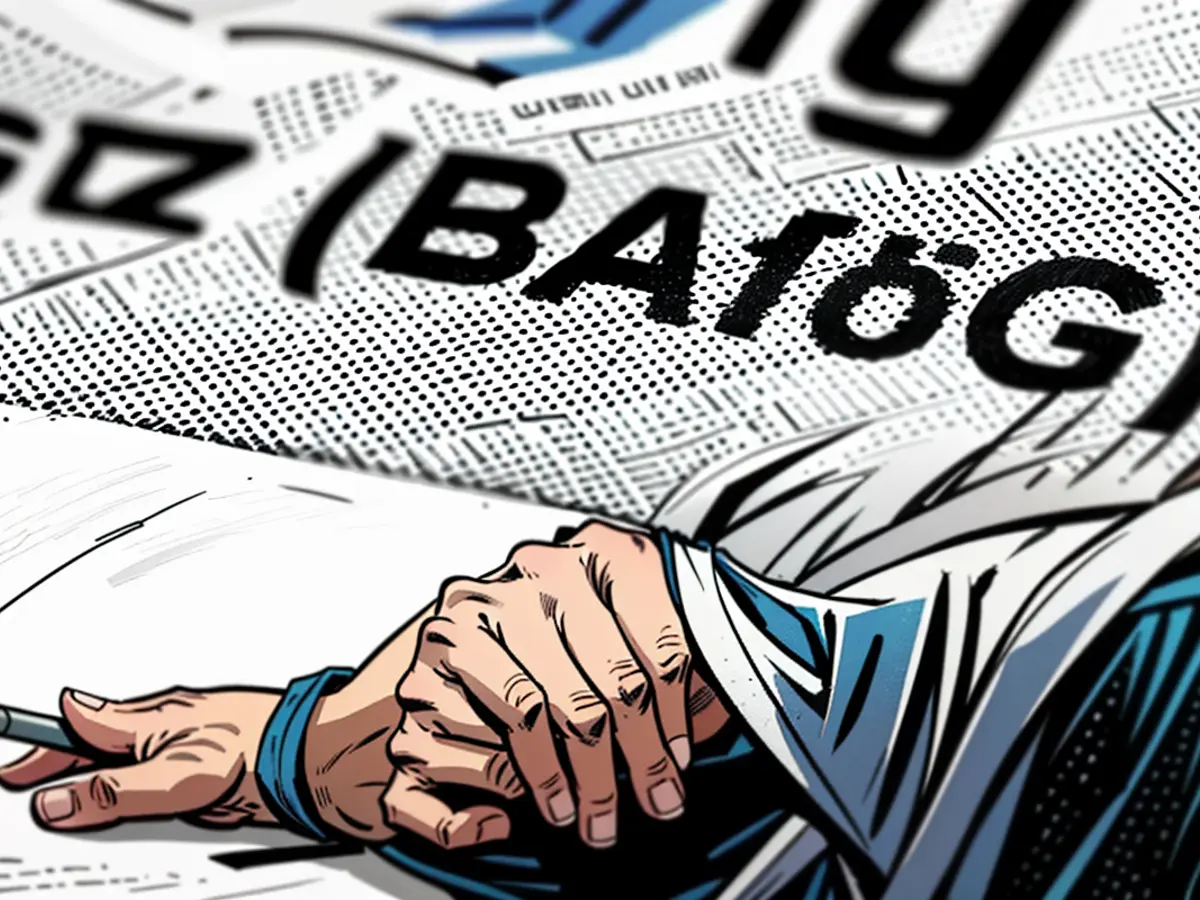The Federal Cabinet has endorsed plans to raise Bafög rates.
Students who receive Bafög support can now expect more financial assistance. The federal cabinet made this decision on Wednesday, as they're planning changes to the proposed Bafög reform by the traffic light coalition. Based on information from the German Press Agency, an increase in Bafög rates is also planned.
Oliver Kaczmarek, the education policy spokesperson for the SPD faction, spoke with the dpa on Wednesday: "The consensus reached by the SPD faction within the coalition is an important message for all those who depend on Bafög - they won't be left to face increased costs on their own. The zero round has been avoided."
In the last increase, Bafög went up by 5.75 percent for the winter semester 2022/23. Now, the basic need allowance for students and trainees is set at 452 euros, and for those who no longer live with their parents, there's an additional 360 euros for housing.
These changes were presented by the traffic light coalition for discussion in the Bundeskabinett in early March. The main focus of the reform includes a "study start allowance" of 1,000 euros for students from lower-income families, allocated for items like buying a laptop, textbooks, or moving to a university town. Additionally, the deductions based on an individual's own income and their parents' income that are taken into account in the Bafög calculation will rise, broadening the pool of Bafög recipients.
Read also:
The endorsement by the Federal Cabinet to increase Bafög rates is part of their planned changes to the Bafög reform. These changes, as proposed by the traffic light coalition, aim to provide more financial assistance to students who rely on Bafög. Notably, an increase in Bafög rates was also mentioned in the coalition's plans for the reform.








